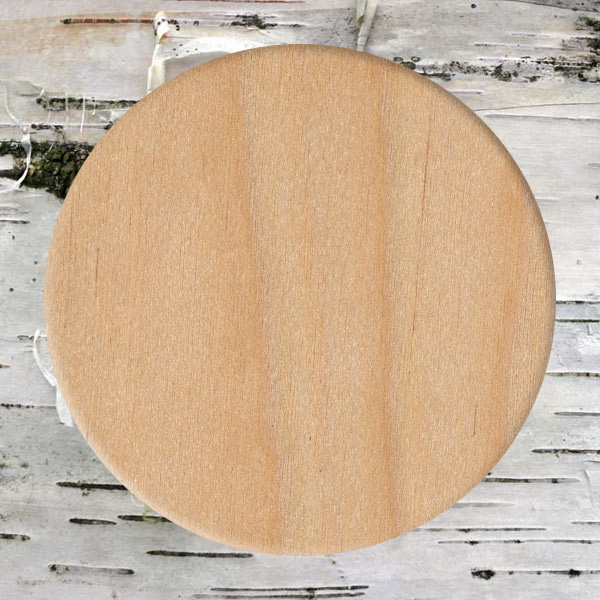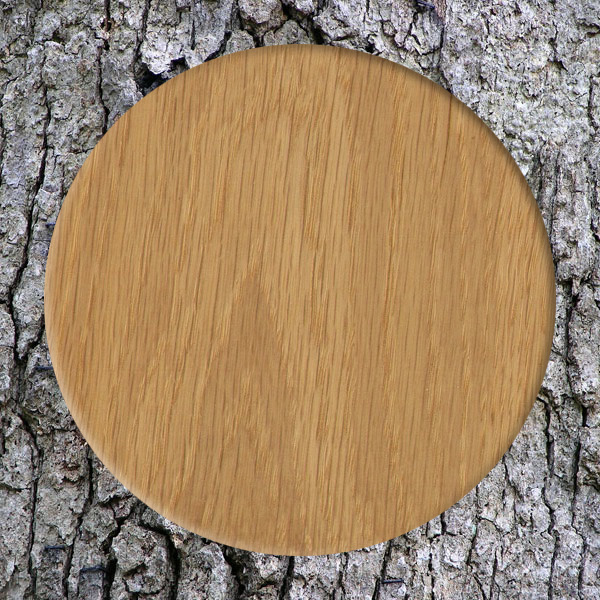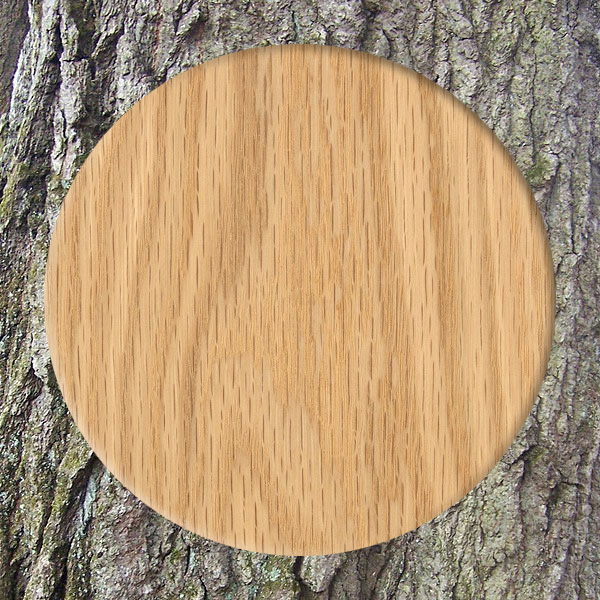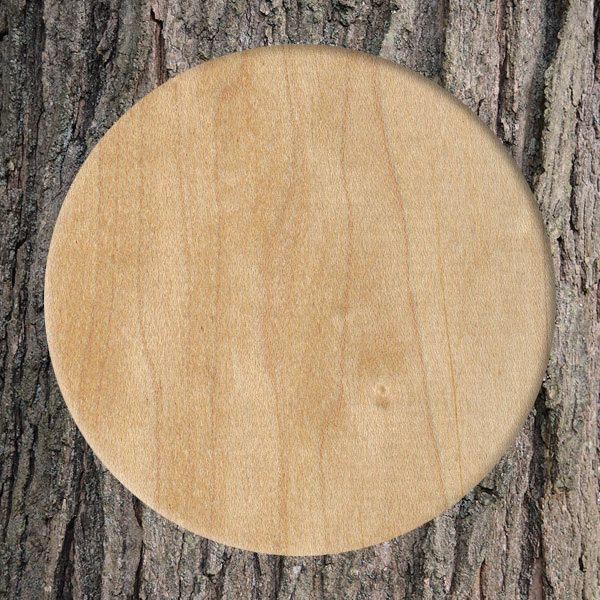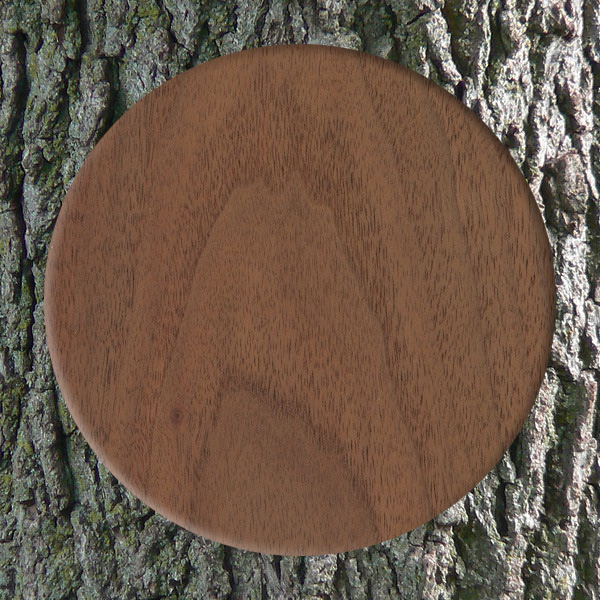
Black Walnut
Black walnut (Juglans nigra)
Juglans nigra, the eastern black walnut, is a species of deciduous tree in the walnut family, Juglandaceae, native to eastern North America. It grows mostly in riparian zones, from southern Ontario, west to southeast South Dakota, south to Georgia, northern Florida and southwest to central Texas. Wild trees in the upper Ottawa Valley may be an isolated native population or may have derived from planted trees.
Black walnut is an important tree commercially, as the wood is a deep brown color and easily worked. The fruits, walnuts, are cultivated for their distinctive and desirable taste. Often, trees are grown for both lumber and walnuts simultaneously and many cultivars have been developed for improved quality nuts or wood. Black walnut is currently under pressure from the thousand cankers disease that is causing decline of walnuts in some areas. Black walnut is also allelopathic, which means that it releases chemicals from roots and other tissues that harm some other organisms and give the tree a competitive advantage; this is often undesirable as it can harm garden plants and grasses.
Uses
Black walnut is highly prized for its dark-colored, straight grained, true heartwood. It is heavy, strong, shock resistant and yet can be easily split and worked. Along with cedars (Thuja spp.), chestnut (Castanea spp.), and black locust (Robinia pseudoacacia) black walnut is one of the most durable hardwoods in the US. The wood can be kiln dried and holds its shape well after seasoning, which makes this wood even more attractive for woodworking.
Walnut wood has historically been used for gun stocks, furniture, flooring, paddles, coffins, and a variety of other wood products. Due to its value, forestry officials often are called on to track down walnut poachers; in 2004, DNA testing was used to solve one such poaching case, involving a 55-foot (16-m) tree worth US$2,500. Black walnut has a density of 660 kg per cubic meter (41.2 lb/cubic foot), which makes it less dense than oak.

Juglans nigra

Black walnut wood showing the color and grain
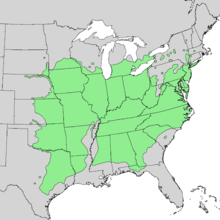
Natural range



